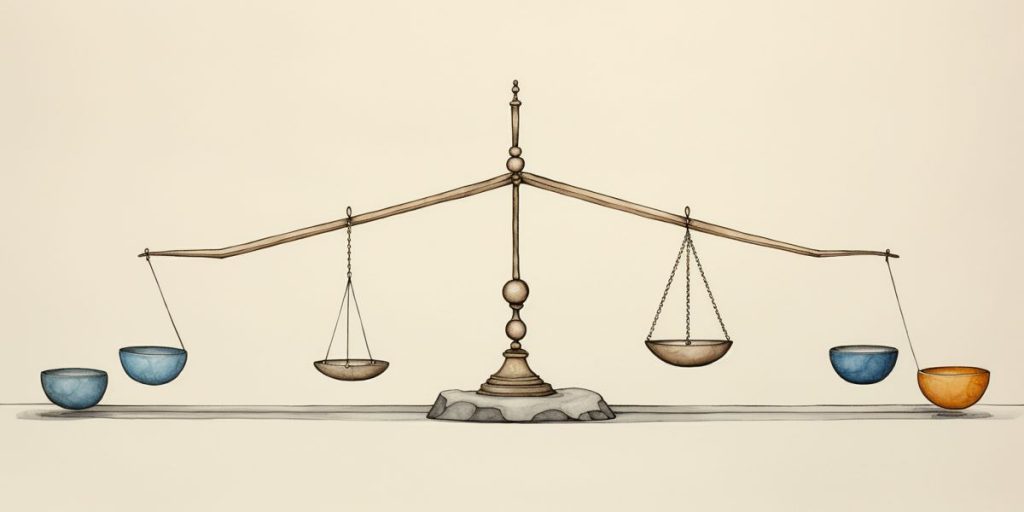The main issues in setting a fair minimum wage include balancing the needs of workers with economic viability, considering the broader impact on the economy and labor rights. The delicate task of balancing the increase is underway, with unions and employers at odds over the appropriate raise.
What are the main issues in setting a fair minimum wage?
The main issues in setting a fair minimum wage include balancing the needs of workers with the realities of economic viability. Unions demand higher wages due to rising costs of living, while employers worry about increased operational costs and inflation. There’s also a need to consider the broader impact on the economy and labour rights, ensuring that any wage adjustments are equitable and do not disrupt market dynamics.
The delicate task of balancing the increase of the national minimum wage is underway, with Labour Minister Yiannis Panayiotou at the helm. He’s set to consult with the labour advisory board, where unions and employers will lay their final positions on the table. The debate has been simmering, and a resolution is eagerly anticipated.
Unions have long argued for a higher minimum wage, deeming the €940 set in 2022 as insufficient. The minister, inclined towards union favor, indicated that the matter would be addressed posthaste following the settlement of Cost of Living Allowance (CoLA) issues.
The Sticking Points
The crux of the matter lies in the stark disagreement between unions and employers on the appropriate increase. With inflation hitting hard—at 8% in 2022, easing to a forecasted 4% this year—the consensus on an increment exists, but the quantum is contentious. Unions propose a hike to €1020, pegged at 60% of the median wage. Employers balk at this figure, suggesting a modest €30 raise as more manageable.
The struggle of minimum wage earners, their dwindling purchasing power amidst rising costs, is palpable. While CoLA cushions the public and semi-public sectors, those at the bottom of the wage scale have been left unprotected. Employers counter the argument, fearing that a significant rise in the minimum wage could hike operational costs and fuel further inflation.
Beyond the Negotiation Table
The repercussions of an adjusted minimum wage reverberate beyond direct stakeholders. It underscores the broader economic health and the socio-political ethos towards labour rights. It is a litmus test for the government’s commitment to equitable economic support, particularly for the most vulnerable workers.
The proposed increase, according to the labour advisory board, should not become a frequent fixture, to avoid undue strain on businesses and market distortions. The natural ebb and flow of supply and demand should predominantly shape the labour market, keeping state intervention to a necessary minimum.
Reflecting on the realities of the current economic landscape, the cruciality of a fair minimum wage cannot be overstressed. It is not only about providing relief to the hard-pressed wage earners but also about fostering a sense of justice and equal opportunity in the workforce. As the debate unfolds, the nation watches, hoping for a balanced resolution that upholds the dignity of labour while ensuring economic viability.
What are the main issues in setting a fair minimum wage?
The main issues in setting a fair minimum wage include balancing the needs of workers with the realities of economic viability. Unions demand higher wages due to rising costs of living, while employers worry about increased operational costs and inflation. There’s also a need to consider the broader impact on the economy and labour rights, ensuring that any wage adjustments are equitable and do not disrupt market dynamics.
What is the current status of the minimum wage negotiation?
The delicate task of balancing the increase of the national minimum wage is underway, with Labour Minister Yiannis Panayiotou leading the effort. He is set to consult with the labour advisory board, where unions and employers will present their final positions. The debate has been ongoing, and a resolution is eagerly anticipated.
What are the main points of disagreement between unions and employers?
The main point of disagreement between unions and employers is the appropriate increase in the minimum wage. Unions propose a hike to €1020, pegged at 60% of the median wage, while employers suggest a more modest €30 raise. The disagreement stems from concerns about operational costs, inflation, and the impact on market dynamics.
What are the broader implications of adjusting the minimum wage?
Adjusting the minimum wage has implications beyond direct stakeholders. It reflects the broader economic health and socio-political ethos towards labour rights. It is a test of the government’s commitment to equitable economic support for vulnerable workers. The labour advisory board suggests that the increase should not become frequent to avoid straining businesses and distorting the market. The goal is to let the natural supply and demand dynamics shape the labour market while ensuring a fair minimum wage for workers.

